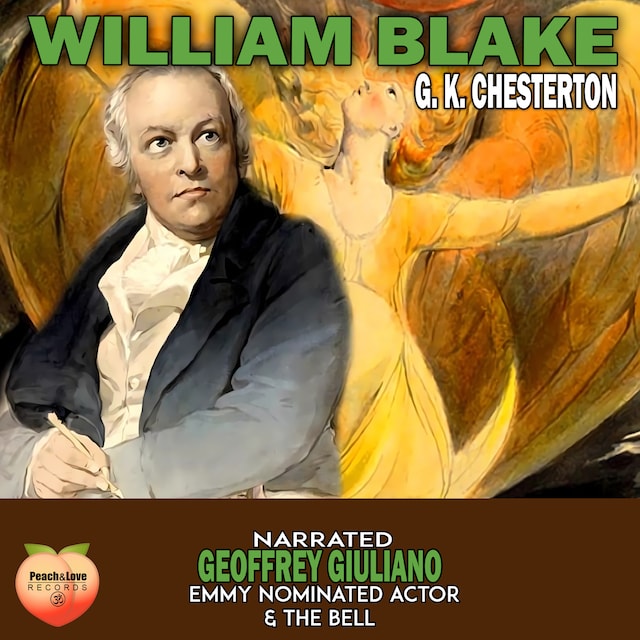
William Blake
Description of book
William Blake was an English poet, painter, and printmaker who lived during the late 18th and early 19th centuries. Born on November 28, 1757, in London, England, Blake displayed artistic and poetic talent from an early age. Despite facing financial difficulties and limited formal education, he developed into one of the most visionary and unconventional figures of the Romantic era.
Blake's artistic endeavors spanned both visual arts and literature. As a poet, he is renowned for his innovative and symbolic verse, often exploring themes of spirituality, imagination, and the human experience. His most famous collection of poems is "Songs of Innocence and Experience," where he contrasts the idyllic world of innocence with the harsh realities of experience. Notable poems from this collection include "The Lamb" and "The Tyger."
In addition to his poetic achievements, Blake was a skilled and imaginative visual artist. He was a self-taught engraver, producing intricate and highly symbolic illustrations for his own works. His method of "illuminated printing" involved both text and illustrations being etched onto copper plates, allowing for a seamless integration of words and images. Some of his other notable works include "The Marriage of Heaven and Hell" and prophetic books like "The Book of Urizen" and "The Four Zoas."
One of Blake's distinctive features was his unorthodox spiritual and philosophical beliefs. He was deeply critical of organized religion and the conventional morality of his time. Blake developed a personal mythology incorporating mystical and visionary elements, often challenging traditional Christian doctrines.


